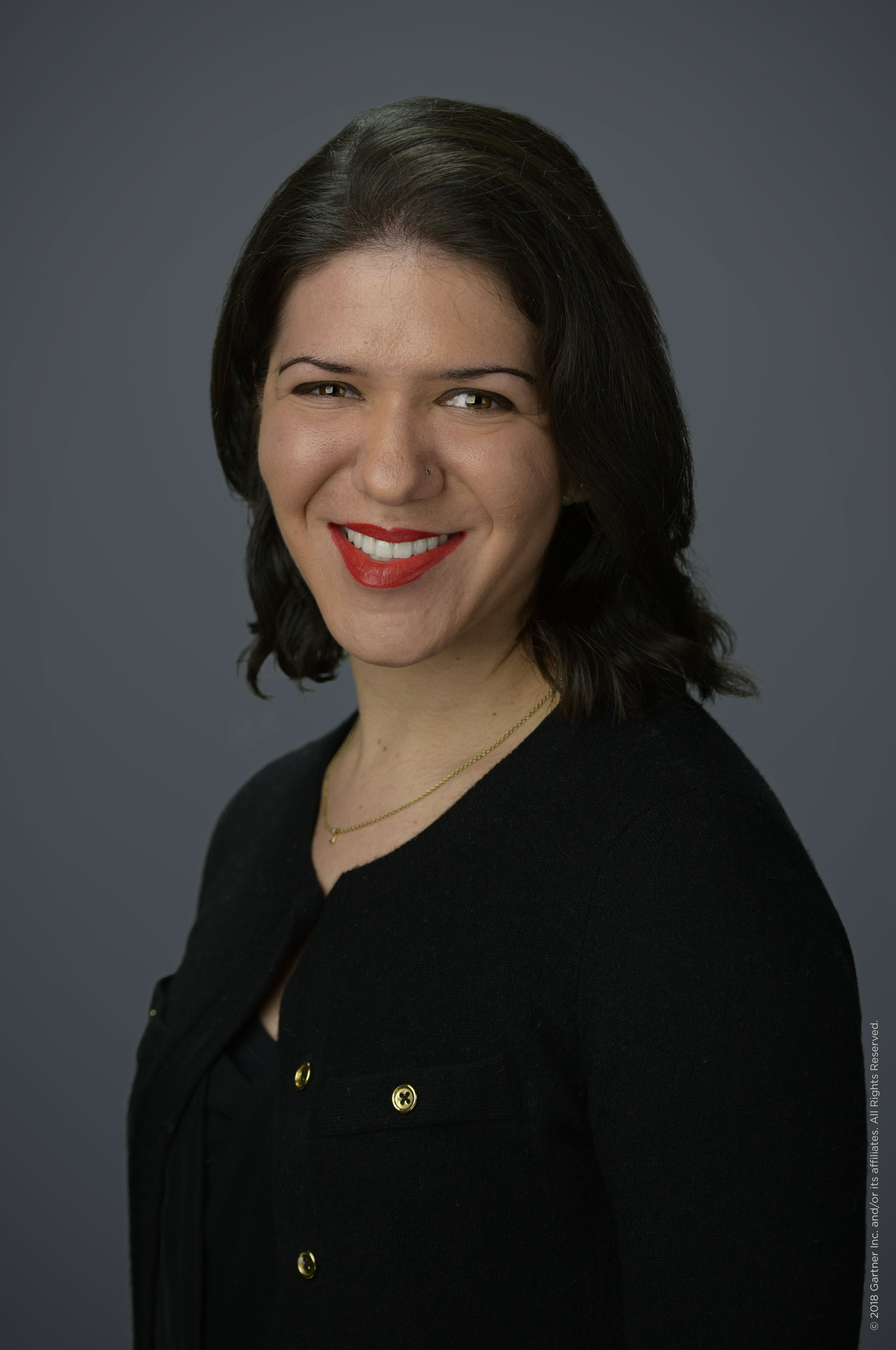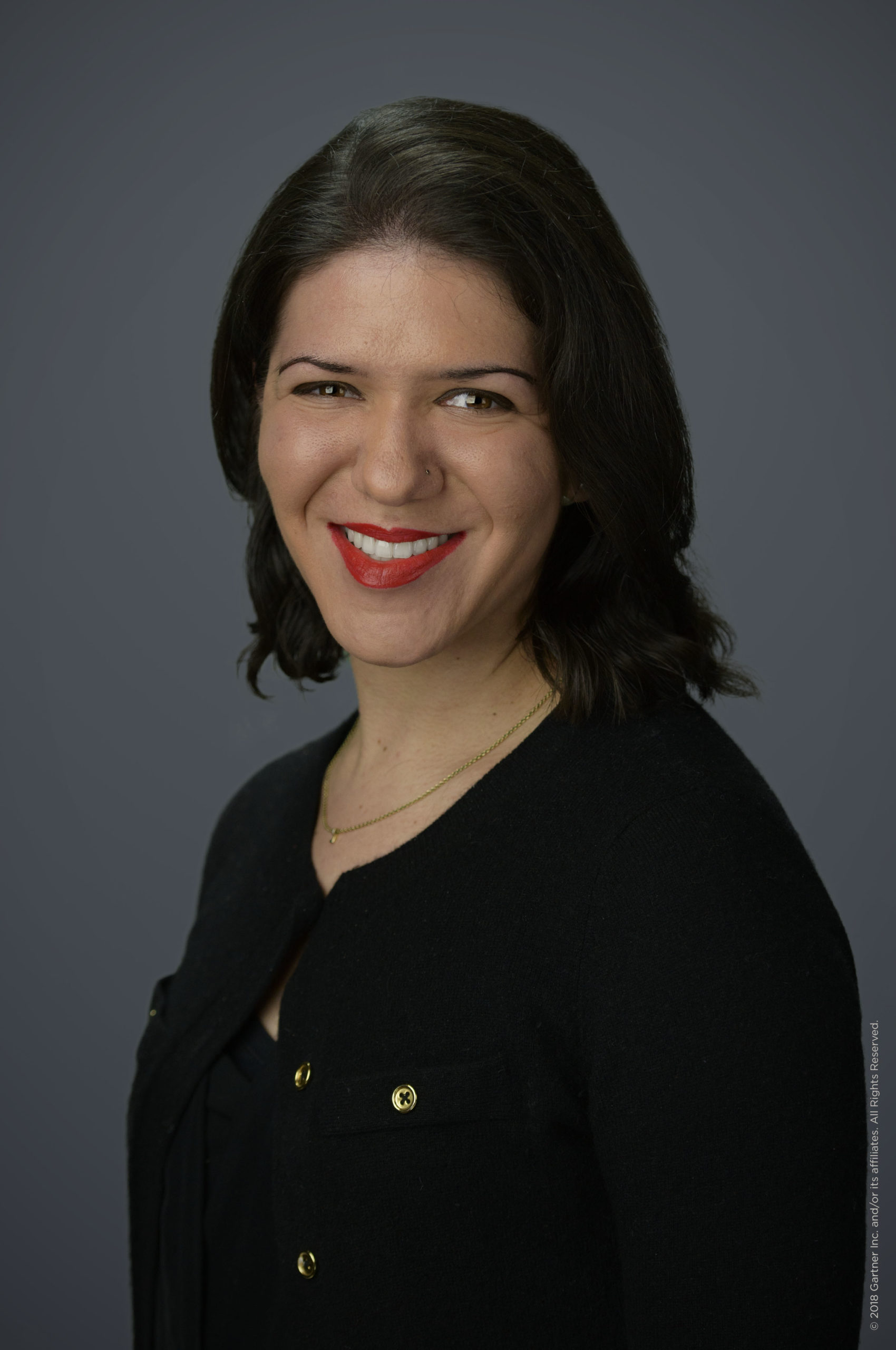“I think there’s a home for your talents. And that home is in D.C.”
That was the last thing I wanted to hear. I lived in London at the time, bouncing between stories as a tech reporter and projects with startups based in London’s Tech City. I wanted nothing more than to stay and make it work in the city I had fallen in love with. And I really wasn’t keen on moving back to the city where I’d spent my college years.
Although I loved my time in D.C., I felt burned out by the end. By contrast, I loved living in London and was learning so much in my role as a reporter. I was being paid (albeit badly) to learn about things like self-driving cars, data ownership after death, the role of apps in aid relief and a feared digital dark age. I hadn’t considered these concepts before; now, my job was to find experts with deep technical insights and interview them about their creations.
I loved learning about tech, but how could I do that in DC?
Like many, I disassociated D.C. from tech. I saw its economy as a little more than a one-stop political shop.
Six years after that friend told me that D.C. was the next best step for me, I saw how correct she was.
I’ve evolved from a freelance tech reporter to working as part of a fully remote team for a Silicon Valley-based SaaS startup to an analyst studying indirect bias in ML algorithms and learning to code at free meetups — all from inside the Capital Beltway.
Those of us in #dctech know that while we’re far from Silicon Valley, D.C. has its own advantages. In fact, it’s been rated the #1 city for women in tech for the fifth year in a row. It’s also the city where the pay gap is smallest, and women fill 39 percent of the city’s tech jobs — far above the industry average.
As for me, D.C. is the city where my career came full circle. I first moved here back in the mid-aughts as a liberal arts major at Catholic University. Eager for a fresh start somewhere else, I moved to London post-graduation to earn my MSc and start my career in London.
Since returning to D.C. five years ago, I’ve leapfrogged forward due to #dctech. In 2014, I wrote a series of articles profiling DMV-based startups for Europe’s Web Summit. In 2016, I helped the D.C.-based Women Startup Challenge hosted by Women Who Tech launch their first venture capital competition for women-led startups in London. In 2017, I started learning about AI and contributing to The Diplomatic Courier, a Virginia-based magazine covering the future of work.
And as an analyst for GetApp, a Gartner company, I’ve spent the last three years researching and writing about how various technologies are used within small and midsize businesses. I’ve covered robotics for bricklaying, semantic analysis for marketing, blockchain for supply chains, and automation in accounting.
Throughout my #dctech career, I’ve been given the time, space, and encouragement to learn topics like explainable AI, ML algorithms, and implementing data in a microservices architecture. It’s content that my younger self thought I was incapable of understanding, because I wasn’t a “technical” person.
I see now that I created a false binary. I’ve met several women in the D.C. tech scene who learned to code, visualize data and direct product lines after earning liberal arts educations. As a result, they approach their work through a more holistic lens. When you consider how your code will impact users at the outset, you’re more likely to spot bugs along the way.
I’ve been in tech for close to seven years and spent all of them far from the Golden Gate Bridge. There has been something special about working in two cities — London and D.C. — and growing my career alongside their tech scenes.
I learned a crucial skill working in both cities: Start with a product’s impact on end users. It’s a sadly rare strategy that hasn’t failed me so far, especially as tech enters a new era where ethics are top-of-mind. This thoughtful approach epitomizes #dctech, and I’m thrilled to be part of it.

This guest post is a part of Technical.ly's Career Trajectory Month of our editorial calendar.
Before you go...
Please consider supporting Technical.ly to keep our independent journalism strong. Unlike most business-focused media outlets, we don’t have a paywall. Instead, we count on your personal and organizational support.
3 ways to support our work:- Contribute to the Journalism Fund. Charitable giving ensures our information remains free and accessible for residents to discover workforce programs and entrepreneurship pathways. This includes philanthropic grants and individual tax-deductible donations from readers like you.
- Use our Preferred Partners. Our directory of vetted providers offers high-quality recommendations for services our readers need, and each referral supports our journalism.
- Use our services. If you need entrepreneurs and tech leaders to buy your services, are seeking technologists to hire or want more professionals to know about your ecosystem, Technical.ly has the biggest and most engaged audience in the mid-Atlantic. We help companies tell their stories and answer big questions to meet and serve our community.
Join our growing Slack community
Join 5,000 tech professionals and entrepreneurs in our community Slack today!

The person charged in the UnitedHealthcare CEO shooting had a ton of tech connections

Northern Virginia defense contractor acquires aerospace startup in $4B deal

From rejection to innovation: How I built a tool to beat AI hiring algorithms at their own game



